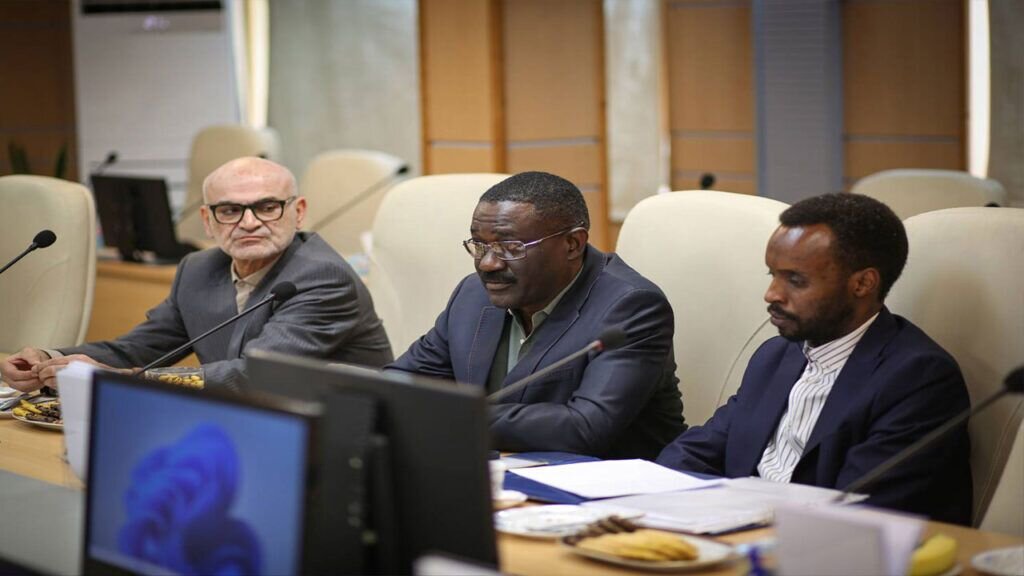Iran, Namibia to cooperate in nanotech research, education

TEHRAN – The secretary of the headquarters for the Nanotechnology Initiative Council, Emad Ahmadvand, and the special advisor to the Namibian president have discussed avenues to enhance cooperation between the two countries in nanotechnology.
During a meeting on Saturday, June 15, the Namibian official lauded Iran’s capabilities and potential in nanotechnology; and expressed willingness to utilize these potentials for enhancing cooperation between the two countries.
Moreover, potential areas for cooperation were discussed and three areas were identified for collaboration.
The Nanotechnology Development Headquarters offered to assist Namibians in making policies for the development of nanotechnology and to transfer Iran's expertise to the country.
Referring to Iran's experience in education, both at school and higher education levels, as well as post-graduate education and short-term training of professors, Ahmadvand suggested cooperation in the field of education.
Establishing a nano-tech research center, using Iranian-made nano-laboratory equipment, was another issue proposed for cooperation between Iran and Namibia.
Iran a global leader in nano-tech
Iran's achievements in nanotechnology are noteworthy. The increase in scientific publications and sales of nano products proves Iran's rise as a global leader in this field.
One of the industries that have experienced good growth in Iran in recent years is the nanotechnology industry, a subject area that has brought Iran to the impressive fourth place worldwide.
According to StatNano, a leading nanotechnology website, Iran has made great strides in the field of nanotechnology being ranked fourth in terms of nanotechnology publication.
This ranking proves the country’s remarkable scientific development.
The site considers the number of scientific articles for comparing scientific progress in nanoscience, technology, and industry.
Nanotechnology is the manipulation of matter on a near-atomic scale to produce new structures, materials, and devices. The technology promises scientific advancement in many sectors such as medicine, consumer products, energy, materials, and manufacturing. Nanotechnology refers to engineered structures, devices, and systems.
In the past two decades, the world has observed a steady increase in the number of industries producing nano-based products and the number of countries promoting nanotechnology.
More importantly, the ratio of nanotechnology to nominal GDP has increased significantly, suggesting that the contribution of nanotechnology to World GDP has increased. Nanotechnology has also played a key role in new job creation, Press TV reported.
The nanotechnology sector is a prime example of success in Iran, an arena consisting of expert and program-oriented human resources with significant goals that shine like a jewel in the innovation and technology ecosystem of the country.
With the support of talented academicians and knowledge-based companies, the nanotechnology sector has indigenized many technologies to solve the main challenges of the country in various areas, including industry.
Policy making and planning for progress in nanotechnology started in 2003 with the formation of a special headquarters for the development of nanotechnology, and accelerated with the approval of the first 10-year document for the development of nanotechnology entitled "Future Strategy Document".
MT/MG
Leave a Comment